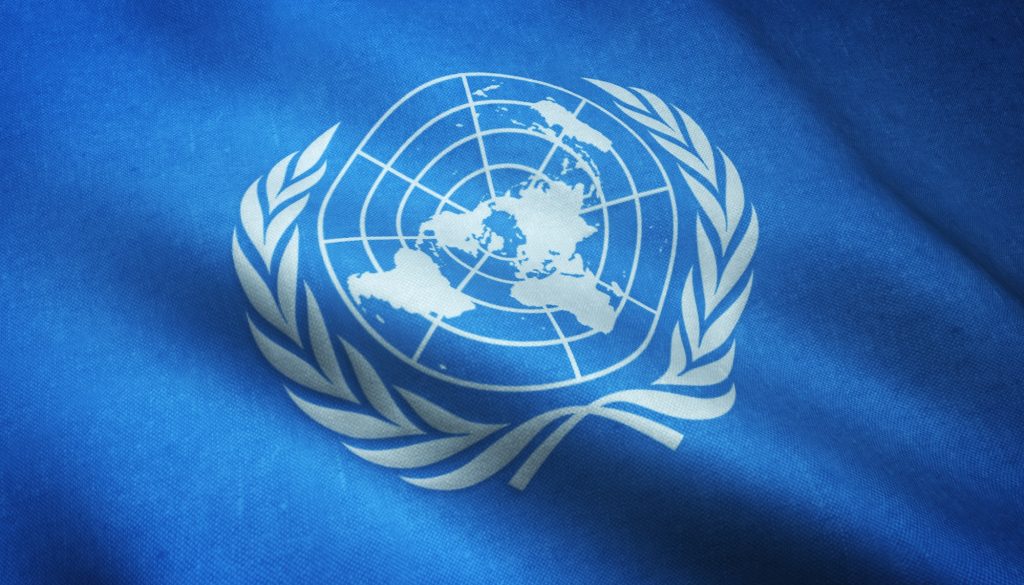UN issues final report with key recommendations on AI governance
The recommendations respond to the rapid spread of AI technologies and the varied global regulatory approaches.

In a world where AI is rapidly reshaping industries, societies, and geopolitics, the UN advisory body has stepped forward with its final report – ‘Governing AI for Humanity,’ presenting seven strategic recommendations for responsible AI governance. The report highlights the urgent need for global coordination in managing AI’s opportunities and risks, especially in light of the swift expansion of AI technologies like ChatGPT and the varied international regulatory approaches, such as the EU’s comprehensive AI Act and the contrasting regulatory policies of the US and China.
One of the primary suggestions is the establishment of an International Scientific Panel on AI. The body, modelled after the Intergovernmental Panel on Climate Change, would bring together leading experts to provide timely, unbiased assessments of AI’s capabilities, risks, and uncertainties. The International Scientific Panel on AI would ensure that policymakers and civil society have access to the latest scientific understanding, helping to cut through the hype and misinformation that can surround new technological advances.
The AI Standards Exchange implementation would form a standard exchange bringing together global stakeholders, including national and international organizations, to debate and develop AI standards. It would ensure AI systems are aligned with global values like fairness and transparency.
AI Capacity Development Network is also one of the seven key points that would address disparities. The UN here proposes building an AI capacity network that would link centres of excellence globally, provide training and resources, and foster collaboration to empower countries that lack AI infrastructure.
Another key proposal is the creation of a Global AI Data Framework, which would provide a standardised approach to the governance of AI training data. Given that data is the lifeblood of AI systems, this framework would ensure the equitable sharing of data resources, promote transparency, and help balance the power dynamics between big AI companies and smaller emerging economies. The framework could also spur innovation by making AI development more accessible across different regions of the world.
The report further recommends forming a Global Fund for AI to bridge the AI divide between nations. The fund would provide financial and technical resources to countries lacking the infrastructure or expertise to develop AI technologies. The goal is to ensure that AI’s benefits are distributed equitably and not just concentrated in a few technologically advanced nations.
In tandem with these recommendations, the report advocates for a Policy Dialogue on AI Governance, emphasising the need for international cooperation to create harmonised regulations and avoid regulatory gaps. With AI systems impacting multiple sectors across borders, coherent global policies are necessary to prevent a ‘race to the bottom’ in safety standards and human rights protections.
Lastly, the UN calls for establishing an AI Office within the Secretariat, which would serve as a central hub for coordinating AI governance efforts across the UN and with other global stakeholders. This office would ensure that the recommendations are implemented effectively and that AI governance remains agile in rapid technological change.
Through these initiatives, the UN seeks to foster a world where AI can flourish while safeguarding human rights and promoting global equity. The report implies that the stakes are high, and only through coordinated global action can we harness AI’s potential while mitigating its risks.
